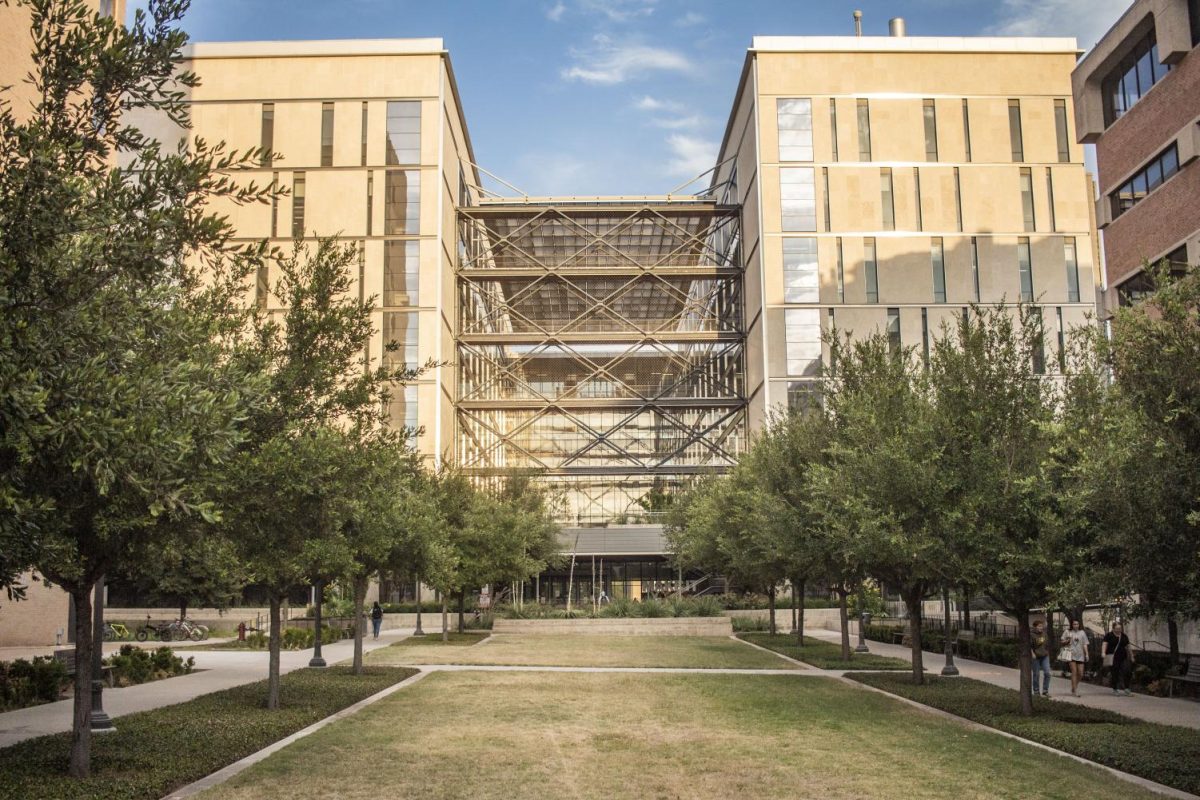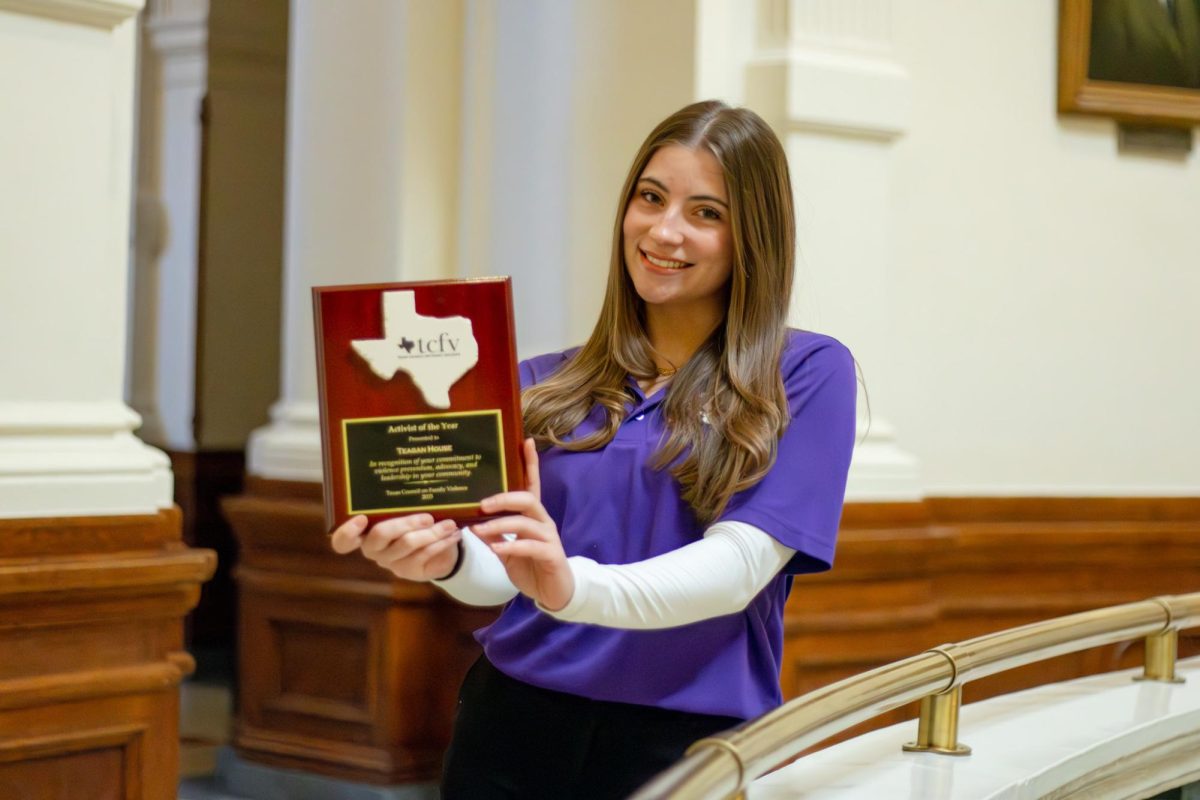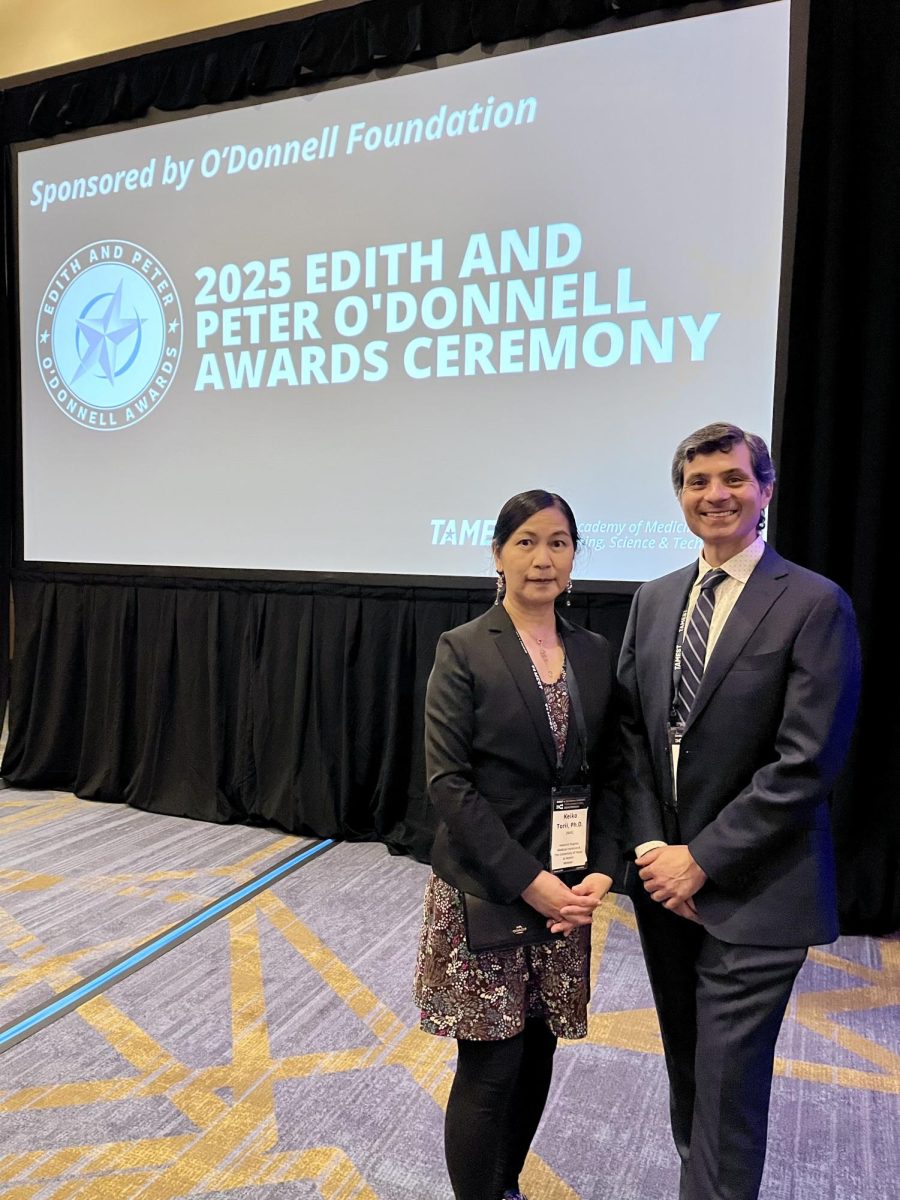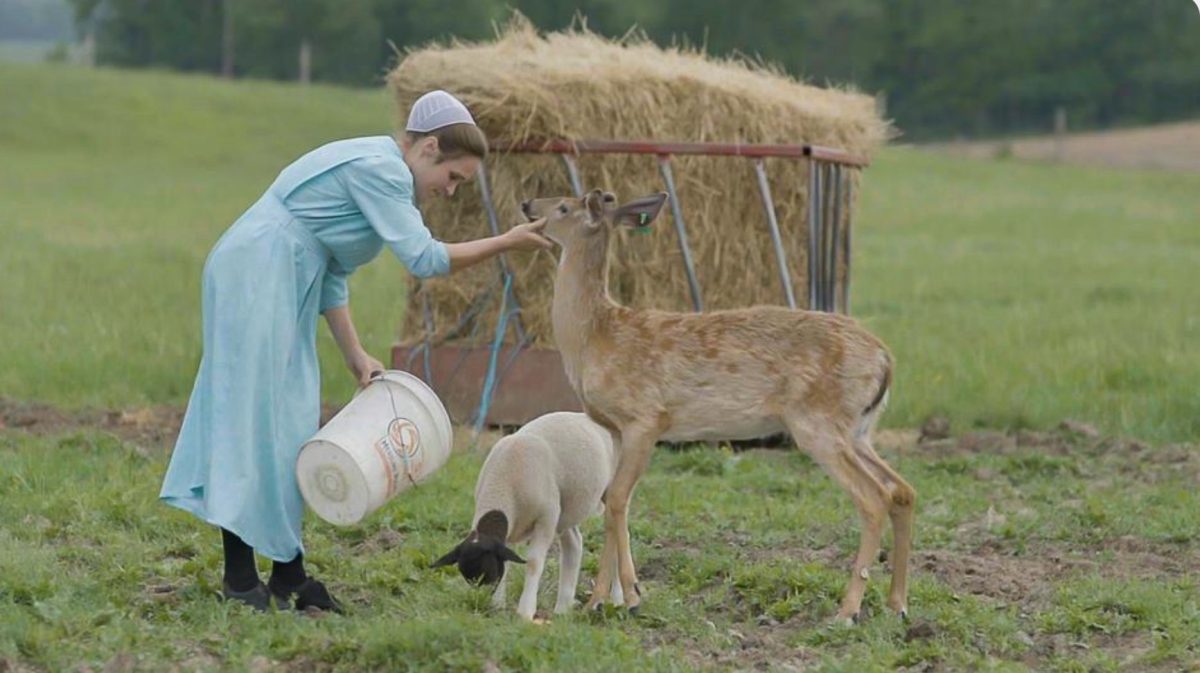After 30 hours over the course of a month attempting to solve a coding issue, Niusha Saadat, a fifth-year aerospace engineering Ph.D. candidate, felt lost and frustrated. Unsure of the next steps to take, Sadaat approached Srinivas Bettadpur, professor fellow of the FSX Professorship in Space Application and Exploration, for assistance.
“(Bettadpur) instantly cut me off on one tangent and said ‘Instead of trying this, just flip the order of what you’re doing,’” Sadaat said. “Right as he said it, I reran the code I had written and it worked.”
Bettadpur’s forward-thinking approach and willingness in sharing knowledge made him a prime candidate for the Charles A. Whitten Medal. On Sept. 18, the American Geophysical Union (AGU) announced Bettadpur as the recipient of the award. Every other year, since 1984, the AGU awards a senior scientist in recognition of their research on the form and dynamics of the planet.
“(Hearing) from people who are sincerely congratulating you … I feel humbled by that,” Bettadpur said. “It’s inspiring that what I was doing was recognized and that (was) my signal that ‘You need to do more of it and need to do it better.’ I’m on the right track.”
According to AGU’s website, the award is given based on the candidate’s quality of the work, the reach of the work and its originality. Bettadpur was part of a group that invented a new way of remote sensing for the gravity field of the planet, which helps scientists gain an improved understanding of the planet and climate change.
“The Earth, because of all the water, the air and all the other processes that go on every day around us, is actually a very variable planet.” Bettadpur said. “How it’s oriented in space and its gravity field is changing all the time. If you’re able to measure these changes, it tells you a lot about what is causing them.”
Bettadpur said he started off as an engineer with a strong taste for physics. Late in his undergraduate years, he became interested in spaceflight. Through pursuing his Ph.D. at UT, Bettadpur said he discovered a strong ongoing program in the study of the planet from space.
“To observe the mechanical planet is to learn something about what is causing the planet to move and what is causing the planet to change how it moves over the decades,” Bettadpur said. “You can do that particularly well from space.”
Bettadpur said he often motivates learning and broaching new frontiers for his Ph.D. students.
“(Working with Bettadpur was) different from the experience that I think I’ve seen a lot of in my years,” UT alumnus Benjamin Krichman said. “He was never really dictating the work. He was insistent that I do it myself and (he was) valuable in my development as a scientist and an engineer.”
In addition to receiving the Whitten Medal, Bettadpur will be inducted into the AGU College of Fellows at the Honors Ceremony and Banquet on Dec. 11 in Washington, D.C.
“Research is exciting,” Bettadpur said. “Learning is exciting to me … I hope to convey some of that to the students, my energy, my enthusiasm and provoking them with the idea that, ‘Yes, it is fun to learn.’ The world changes much faster than any one person can manage.”














